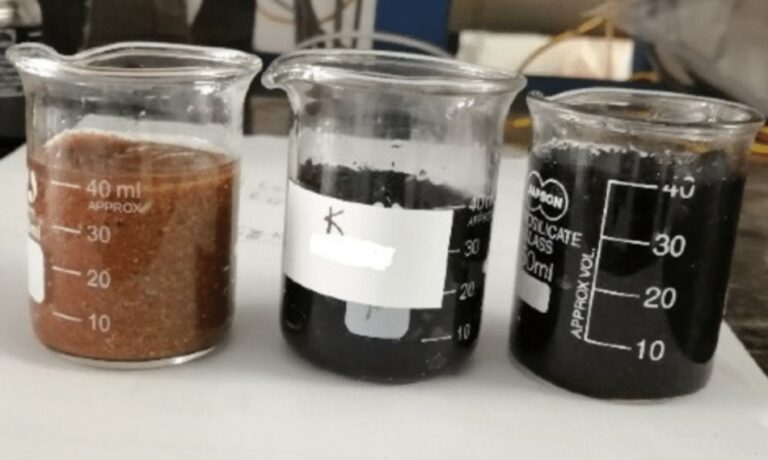Characteristics of Mature Fresh Catfish Eggs
Mature fresh catfish eggs exhibit several distinct characteristics contributing to their unique nature. Catfish eggs, also known as roe or caviar, possess specific traits that make them valuable and interesting from biological and culinary perspectives.

Size and Color
Firstly, catfish eggs are relatively small compared to other fish species. They typically measure around 1-2 millimetres in diameter, giving them a delicate appearance. The colour of catfish eggs varies depending on the species but commonly ranges from pale yellow to orange, adding to their visual appeal.
Texture
One notable characteristic of catfish eggs is their soft and slightly gelatinous texture. They have a delicate outer membrane that encases the individual eggs, protecting and ensuring their integrity. This texture also contributes to their culinary applications, as they can add a pleasant mouthfeel to dishes.
Adhesion
Catfish eggs are known for their adhesive properties. Their sticky nature enables them to adhere to surfaces such as rocks, vegetation, or the female catfish’s body. This adhesion is essential for the eggs’ stability and protection during incubation.
Also Read: Difference Between Catfish Egg And Domestic Fowl Egg
Quantity
In quantity, female catfish can produce many eggs in a single reproductive cycle. Depending on the size and species of the catfish, a female can release thousands to millions of eggs, making them a plentiful resource.
Fertilization
Furthermore, catfish eggs are external fertilizers. The female releases the eggs into the water, and the male catfish releases sperm (milt) to fertilize them externally. This fertilization process occurs shortly after the eggs are laid.
Development
Once fertilized, catfish eggs undergo an incubation period that varies depending on the water temperature and species. Generally, it takes several days for the eggs to hatch into larvae.
Sensitivity
Lastly, catfish eggs are sensitive to environmental conditions, particularly water quality and temperature. Optimal conditions are crucial for their successful development and hatching. They require a suitable habitat to ensure the survival and growth of the embryos.
In summary, the characteristics of mature fresh catfish eggs, including their size, colour, texture, adhesion, quantity, fertilization process, and sensitivity to environmental conditions, contribute to their biological significance and culinary appeal.

